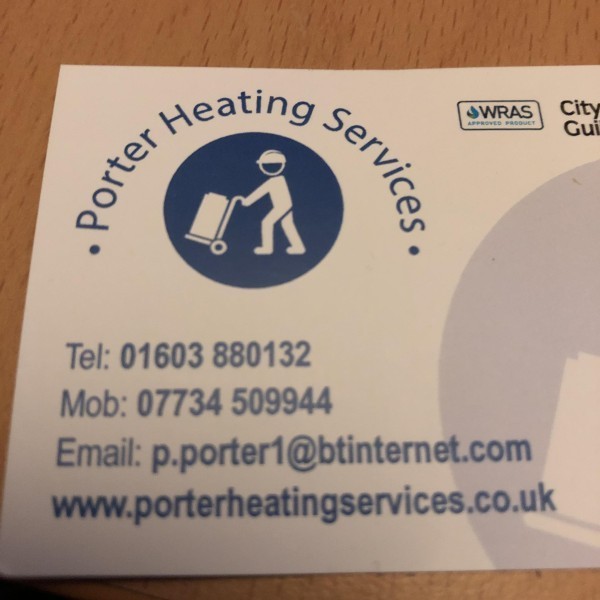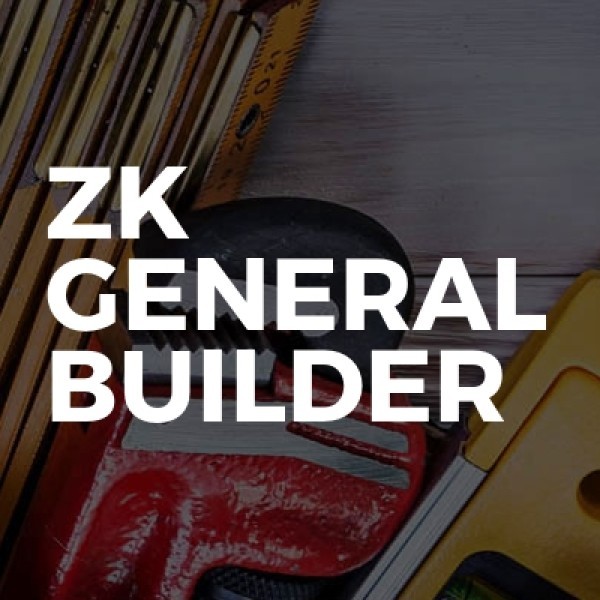Boiler/Heating Engineers in Harleston
Search Boiler/Heating Engineers in places nearby
Understanding the Role of Boiler/Heating Engineers in Harleston
In the charming town of Harleston, the importance of boiler and heating engineers cannot be overstated. These skilled professionals ensure that homes and businesses remain warm and comfortable, especially during the chilly months. But what exactly do these engineers do, and why are they so vital to the community? Let's dive into the world of boiler and heating engineers in Harleston and explore their essential contributions.
The Importance of Heating Systems in Harleston
Harleston, with its picturesque landscapes and historic buildings, experiences a range of temperatures throughout the year. As the seasons change, maintaining a reliable heating system becomes crucial for residents and businesses alike. Heating systems not only provide warmth but also contribute to the overall comfort and safety of indoor environments. Without efficient heating, the cold can become unbearable, leading to potential health risks and discomfort.
Types of Heating Systems Commonly Used
- Central Heating Systems: These are the most common in Harleston, using a central boiler to heat water, which is then circulated through pipes to radiators or underfloor heating systems.
- Electric Heating: Often used in smaller spaces or as a supplementary heating source, electric heaters are easy to install and use.
- Renewable Heating Solutions: With a growing focus on sustainability, many are turning to heat pumps and solar thermal systems to reduce their carbon footprint.
The Expertise of Boiler/Heating Engineers
Boiler and heating engineers in Harleston are highly trained professionals who specialise in the installation, maintenance, and repair of heating systems. Their expertise ensures that systems operate efficiently and safely, providing peace of mind to homeowners and businesses.
Key Responsibilities of Heating Engineers
- Installation: Engineers are responsible for fitting new boilers and heating systems, ensuring they meet all safety and efficiency standards.
- Maintenance: Regular servicing of heating systems is crucial to prevent breakdowns and extend the lifespan of equipment.
- Repairs: When issues arise, heating engineers diagnose and fix problems promptly to restore warmth and comfort.
Training and Qualifications for Heating Engineers
Becoming a boiler or heating engineer requires a combination of formal education, practical training, and certification. In the UK, engineers must complete an apprenticeship or relevant vocational training, followed by obtaining certifications such as Gas Safe registration, which is mandatory for working with gas appliances.
Continuous Professional Development
To stay updated with the latest technologies and regulations, heating engineers in Harleston engage in continuous professional development. This commitment to learning ensures they can offer the best solutions and advice to their clients.
Choosing the Right Heating Engineer in Harleston
When selecting a heating engineer, it's essential to consider several factors to ensure you receive quality service. Here are some tips to help you make an informed decision:
Factors to Consider
- Experience: Look for engineers with a proven track record and extensive experience in the field.
- Certifications: Ensure the engineer is Gas Safe registered and holds other relevant qualifications.
- Reputation: Check reviews and testimonials from previous clients to gauge the engineer's reliability and professionalism.
- Cost: Obtain quotes from multiple engineers to compare pricing and services offered.
Benefits of Hiring Local Heating Engineers
Opting for local heating engineers in Harleston offers several advantages. Local professionals are familiar with the area's specific heating needs and can provide timely service, especially during emergencies. Additionally, supporting local businesses contributes to the community's economic growth.
Community Engagement and Support
Local engineers often have strong ties to the community, participating in local events and initiatives. This connection fosters trust and ensures a high level of customer service and satisfaction.
Common Heating Issues and Solutions
Despite regular maintenance, heating systems can encounter problems. Understanding common issues and their solutions can help you address them promptly and efficiently.
Frequent Problems
- No Heat or Hot Water: This could be due to a faulty thermostat, broken diaphragm, or airlock. A heating engineer can diagnose and fix the issue.
- Leaking and Dripping: Leaks often result from a broken internal component, such as a pump seal or pressure valve.
- Strange Noises: Banging, whistling, or gurgling noises may indicate air in the system, low water pressure, or a faulty pump.
Energy Efficiency and Cost Savings
Improving the energy efficiency of your heating system can lead to significant cost savings and environmental benefits. Heating engineers can provide valuable advice on how to enhance efficiency and reduce energy consumption.
Tips for Enhancing Efficiency
- Regular Maintenance: Schedule annual servicing to keep your system running smoothly and efficiently.
- Upgrade to a Modern Boiler: Newer models are more energy-efficient and can significantly reduce energy bills.
- Insulate Your Home: Proper insulation helps retain heat, reducing the workload on your heating system.
Innovations in Heating Technology
The heating industry is continually evolving, with new technologies emerging to improve efficiency and sustainability. Staying informed about these innovations can help you make better decisions for your heating needs.
Emerging Technologies
- Smart Thermostats: These devices allow you to control your heating remotely, optimising energy use and comfort.
- Hydrogen Boilers: As an alternative to natural gas, hydrogen boilers offer a cleaner, more sustainable heating solution.
- Heat Pumps: These systems extract heat from the air or ground, providing an energy-efficient heating option.
Frequently Asked Questions
- What qualifications should a heating engineer have? A heating engineer should be Gas Safe registered and hold relevant vocational qualifications.
- How often should I service my boiler? It's recommended to service your boiler annually to ensure it operates efficiently and safely.
- What are the signs of a faulty boiler? Common signs include no heat or hot water, strange noises, and leaks.
- Can I install a boiler myself? No, boiler installation should be carried out by a qualified and certified heating engineer.
- How can I improve my heating system's efficiency? Regular maintenance, upgrading to a modern boiler, and insulating your home can enhance efficiency.
- What is a smart thermostat? A smart thermostat allows you to control your heating system remotely, optimising energy use and comfort.
In conclusion, boiler and heating engineers in Harleston play a crucial role in ensuring the comfort and safety of homes and businesses. By understanding their responsibilities, qualifications, and the importance of regular maintenance, you can make informed decisions about your heating needs. Whether you're dealing with a heating issue or looking to upgrade your system, these skilled professionals are ready to provide expert guidance and support.










